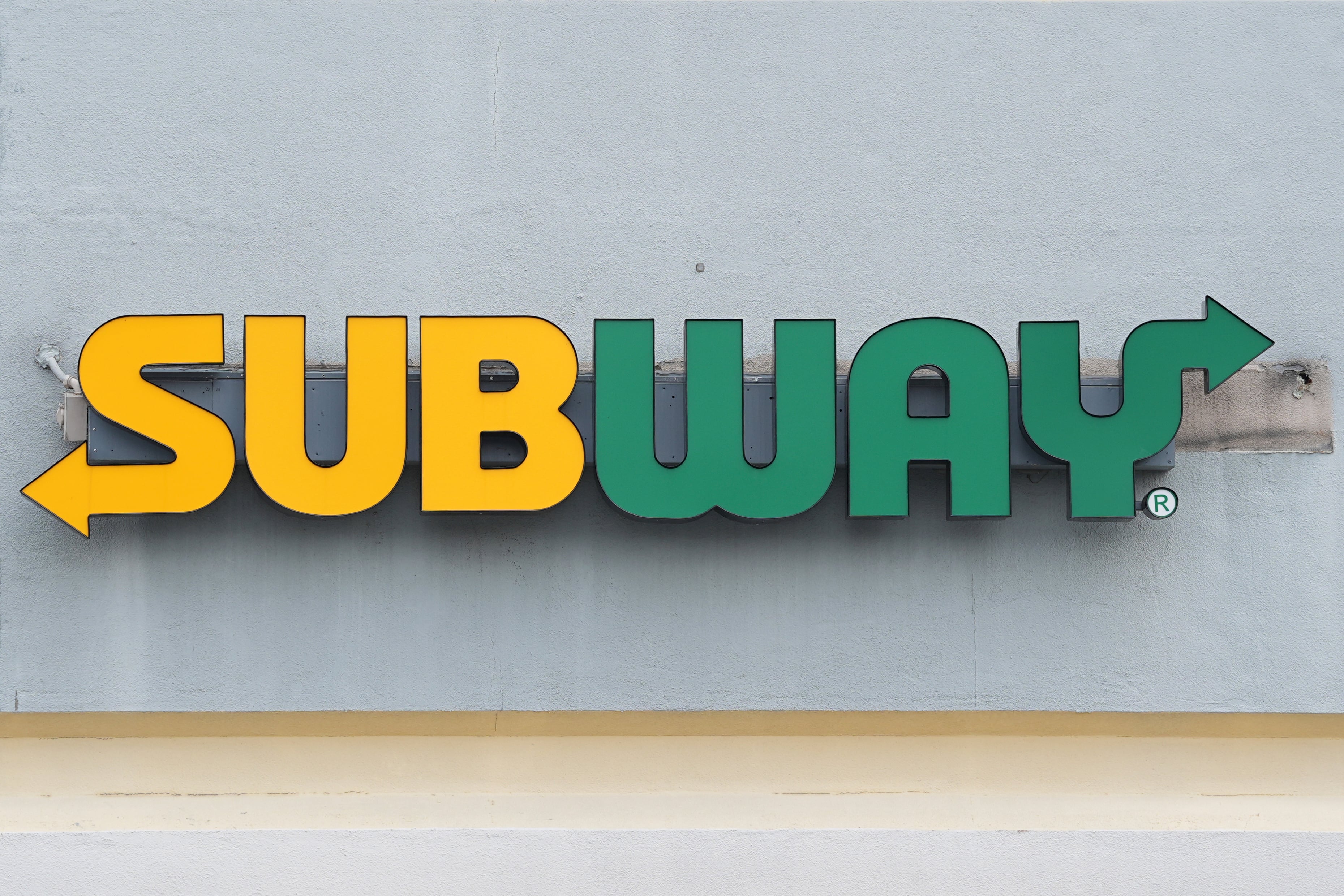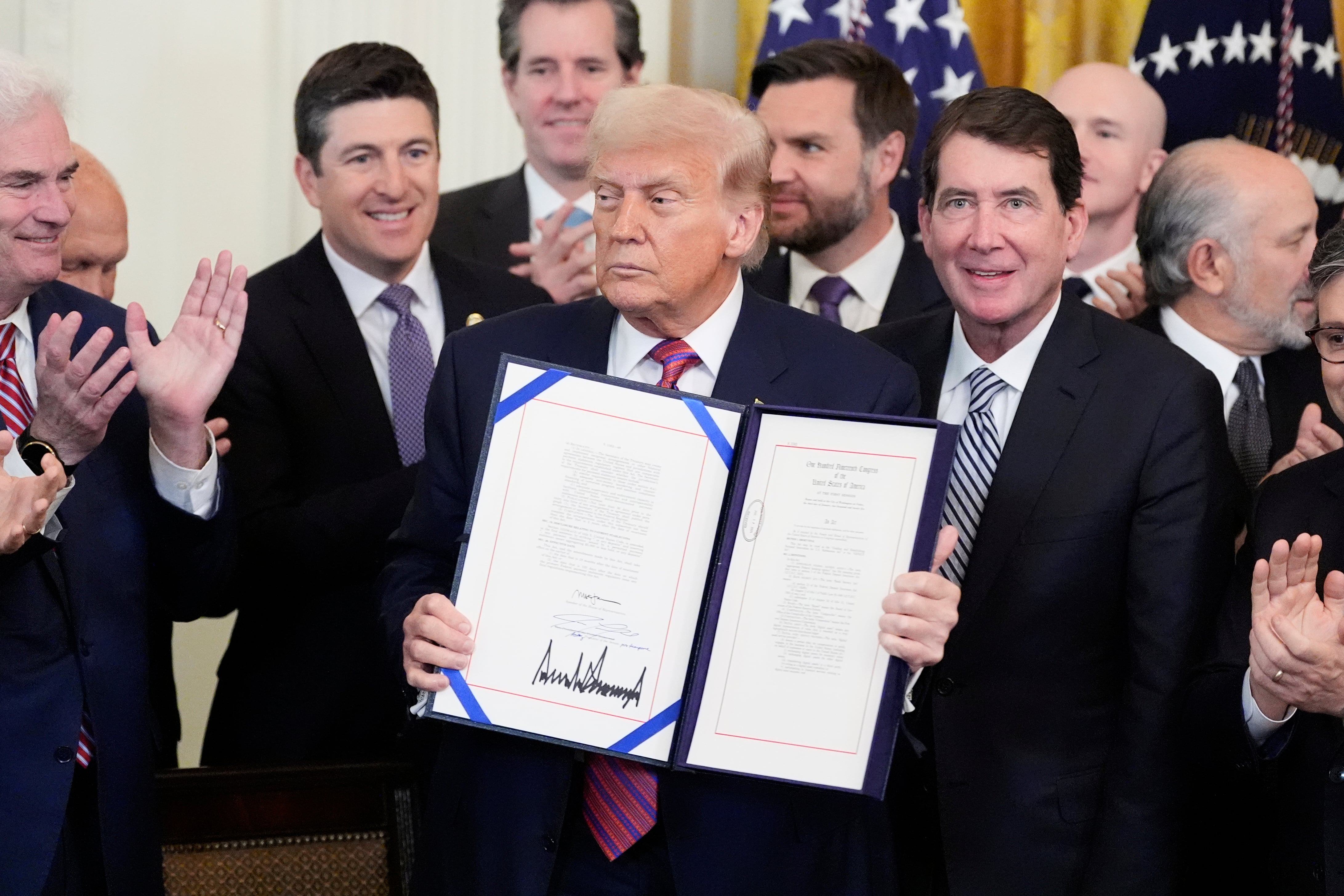As rental vacancies spike in New York City amid the coronavirus pandemic, a mobile app called Openigloo is launching to give tenants a helping hand choosing their next apartment.
"Landlords are eager to fill empty apartments, so for the first time tenants can take a breath," Allia Mohamed, CEO and co-founder of Openigloo, told Cheddar. "They can take longer than 10 minutes to make a decision."
The app will combine open-source data with first-hand information sourced directly from tenants about their landlords and buildings.
"Tenants can go onto the platform, search for their address, anonymously leave reviews, but also access real-time city data about their buildings, so things like open violation data, bed bug complaints, eviction history, and more," said Mohamed, who got the idea for the app after enduring her own difficulties securing an apartment in the city's notoriously tight market.
Much of this public data comes directly from the municipal agencies, she added, that collect a significant amount of information about the housing market but don't organize it in one place.
"One of the great things about New York City is it's really sophisticated in the way it organizes the data about apartments and landlords, but unfortunately it's spread to various different data sets," Mohamed said. "We've taken out a lot of the guesswork."
This could include information about a building's cleanliness, pest control, heat, and water pressure. Comments could also address how a landlord is managing the coronavirus pandemic, in terms of building safety measures or even lease terms for those economically impacted.
The outsized rent burden in New York City, where more than 44 percent of tenants pay more than 30 percent of their income on rent, is also a selling point for the startup.
"We really want to make sure that we're giving tenants as much information as possible before they make a really big financial decision," Mohamed said.













